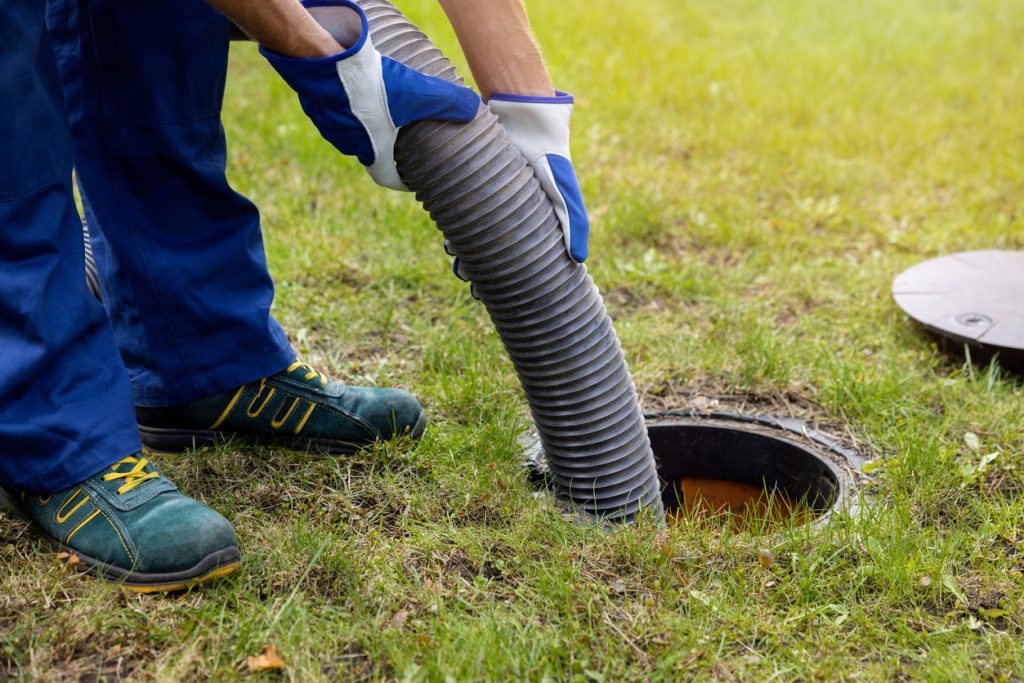Tips For Maintaining Your Septic Tank System
A properly maintained septic system plays a crucial role in waste management, preventing costly repairs and environmental hazards. Regular upkeep helps ensure smooth operation and extends the lifespan of the system. Knowing what to do—and what to avoid—can make a significant difference in its performance.
Monitor Water Usage
Excessive water use can overwhelm a septic system, leading to backups and inefficiencies. Conserving water reduces strain on the system and helps it function effectively. Installing low-flow toilets and faucets, fixing leaks promptly, and spacing out activities like laundry and dishwashing can prevent the system from becoming overloaded.
Be Mindful of What Goes Down the Drain
Septic systems rely on a delicate balance of bacteria to break down waste. Harsh chemicals, grease, non-biodegradable items, and even some household cleaners can disrupt this process. Flushing only waste and septic-safe toilet paper prevents clogs and keeps the system working as intended. Proper disposal of cooking oils, hygiene products, and chemicals protects the integrity of the tank and drain field.

Schedule Routine Pumping
Over time, solid waste accumulates in the tank, and without periodic pumping, it can lead to backups or even system failure. A professional inspection determines the appropriate pumping schedule, which typically ranges from every three to five years, depending on usage. Regular pumping removes excess sludge and prevents costly repairs.
Protect the Drain Field
The drain field plays an essential role in treating wastewater. Heavy vehicles, construction, or excessive foot traffic over this area can compact soil and disrupt drainage. Avoid planting deep-rooted trees or shrubs near the system, as roots can invade pipes and cause blockages. Keeping the drain field clear ensures proper filtration and absorption.
Address Issues Promptly
Slow drains, foul odors, standing water near the drain field, or gurgling sounds in plumbing could signal septic system trouble. Ignoring these warning signs can result in expensive repairs or system failure. Early detection and immediate action prevent minor issues from becoming major problems.
Taking a proactive approach to septic system maintenance preserves its functionality, prevents unexpected breakdowns, and safeguards the environment. Consistent care ensures the system remains efficient for years to come, providing reliable waste management without unnecessary disruptions.
Copyright © 2025 Drain It Plumbing